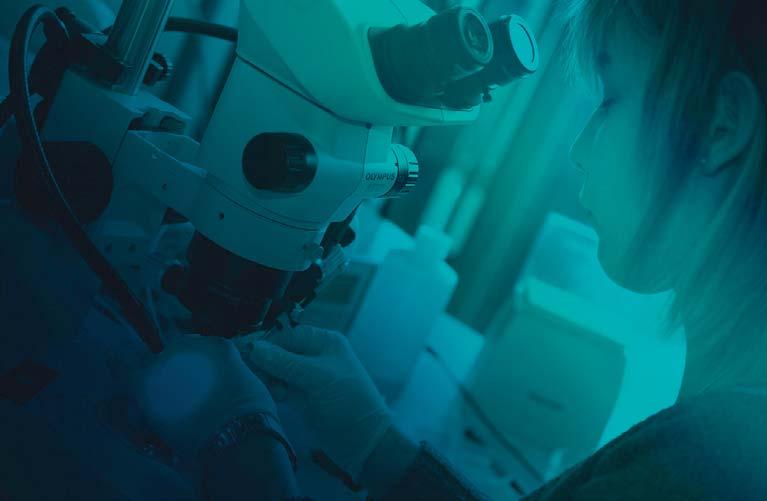Supporting high-level research to provide concrete responses to the challenges at hand Interview with Mr Elio DI RUPO, Minister-President of Wallonia
is expected to resume in 2021, albeit at a slower pace than before.
W
hat are your priorities at the head of the Walloon Government? The Government has a three-fold ambition for Wallonia: a social ambition, which aims to drastically reduce poverty and guarantee Walloon citizens a decent life. An ecological ambition, which aims to make Wallonia an exemplary territory in terms of the fight against global warming and the preservation of the environment. Finally, an economic ambition which aims to enable Wallonia to become one of the most successful Regions in Europe.
In terms of jobs, the shock on the labour market has so far been cushioned by various mechanisms: recourse to teleworking on the one hand, which has made it possible to maintain part of the productive activity and employment when demand and work organisation allowed it, and on the other hand, temporary economic unemployment, which has made it possible to absorb the sharp fall in the volume of activity while maintaining the employment relationship.
The economic and health crisis we are going through shows to what extent these challenges are closely linked to health issues. This is why the Government intends to provide a global response to these issues through an integrated and concerted approach with civil society known as “Get Up Wallonia!”.
© Rights reserved
In social terms, the impact of the crisis has been multi-level: an increase in deaths from chronic diseases, particularly due to delays in diagnosis or treatment during the epidemic; an increase in anxiety and depressive disorders due to occupational and financial insecurity; disruption in the education and training of young people, some of whom were deprived of schooling for long weeks or, to give just a few examples, loss of income for many households, which has de facto plunged many of them into a precarious situation.
Get Up Wallonia aims to mobilise the collective intelligence of citizens and active forces in order to provide Wallonia with a vision and a programme of concrete and ambitious actions to meet the current challenges. Within this framework, we have consulted civil society through a large written and digital consultation. We have also set up several Task-Forces in order to mobilise the expertise of the active forces or, again, conducted a study on good practices abroad in order to be able, if necessary, to duplicate them in Wallonia.
How has the Government reacted in order to limit the impacts of the crisis as much as possible? In addition to preparing for the future through the Get Up Wallonia plan, we managed the emergency by taking a large number of decisions in many areas.
All of this work will enable us to establish our recovery plan for the spring of 2021. It will propose various disruptive actions to manage the emergency, relaunch socio-economic activity and strengthen the resilience of our society and its ability to take up new challenges.
In the economic field, we have set up 7 successive aid mechanisms in the form of direct grants to companies to help them cope with the loss of income linked to the crisis, this mechanism having recently been extended to economic NPOs. We have also considerably mobilised our financial tools so that they can offer products adapted to the needs of our companies during this particular period, whether in terms of bank guarantees, loans or support.
What has been the socio-economic impact of the health crisis on the region? Unfortunately, I don't think we can speak of an impact in the past tense: the crisis is still very much with us and will continue to impact us for many months to come.
In the social field, we have put in place various measures to help households cope with the crisis: think here of the one-off flat-rate aid of €40 on the water bill for temporarily unemployed citizens or the flat-rate aid of €100 for households with a
From a macroeconomic point of view, and although it is always perilous to make forecasts in times of crisis, we estimate that Walloon GDP will fall by around 7% to 8% in 2020. The recovery 100

















































































































